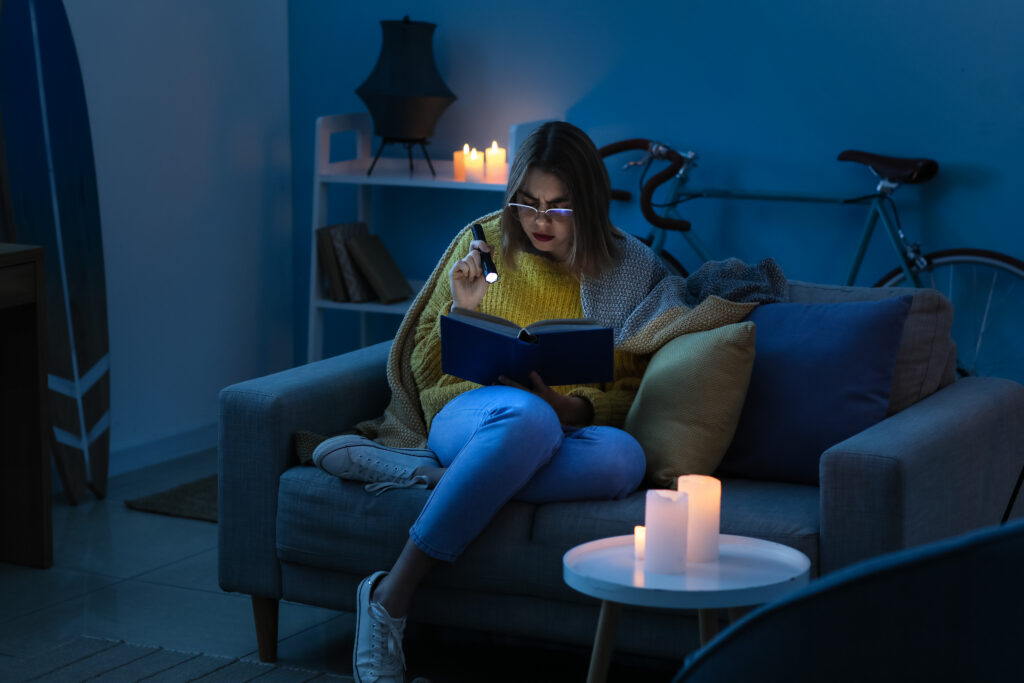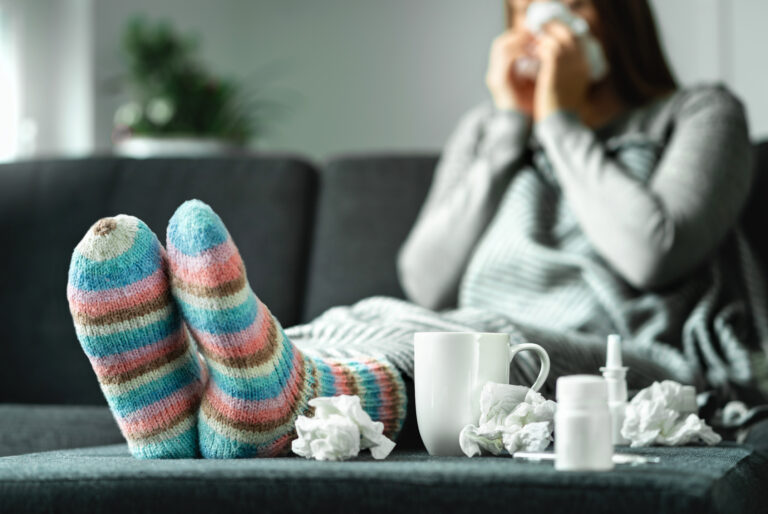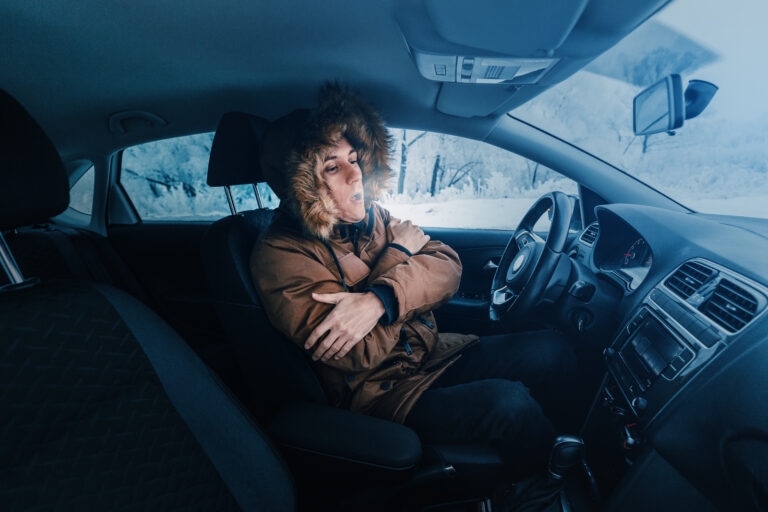Plan Ahead Before the Power Goes Out
The best way to stay safe during a power outage is to prepare before one happens. Make sure your home is stocked with essentials like flashlights, extra batteries, non-perishable food, bottled water, and a battery-powered or hand-crank weather radio. Keep cell phones and portable chargers fully charged ahead of any severe weather forecast.
If someone in your household relies on electricity for medical equipment, talk to your doctor or utility company about a backup plan. Know where your circuit breaker is located, and have an emergency contact list handy.
Stay Calm and Prioritize Safety During the Outage
When the power goes out, your first step should be to check whether it’s isolated to your home or affecting your entire neighborhood. Report the outage to your utility provider if it’s not already listed on their outage map.
Use flashlights instead of candles to reduce fire risk, and avoid opening refrigerators and freezers to keep food cold as long as possible. Keep one light switched on so you’ll know when power returns. If it’s safe to do so, unplug sensitive electronics to prevent damage from power surges when electricity is restored.
If temperatures are extreme, find ways to stay warm or cool without relying on electric heating or air conditioning. Wear layers in the cold and stay hydrated in the heat. If needed, seek shelter at a community warming or cooling center.
Use Generators Safely to Avoid Carbon Monoxide Poisoning
If you’re using a generator, always operate it outdoors and away from windows, doors, or vents. Never run a generator inside your home, garage, or basement. Carbon monoxide is odorless and deadly, and improper generator use is one of the leading causes of injury and death during power outages.
Also be cautious with gas stoves or grills—these should never be used indoors as a heat source.
Be Cautious With Food and Water
A full freezer can keep food frozen for about 48 hours (24 hours if half-full), and a refrigerator will keep food cold for about four hours—if the door stays closed. After that, perishable items should be discarded to avoid foodborne illness.
If local water treatment is affected, follow boil water advisories or use bottled water. Keep a supply of clean water on hand for drinking and basic hygiene.
After the Power Comes Back
Once electricity is restored, wait a few minutes before plugging appliances back in to avoid overloading circuits. Check your food supply for spoilage, reset your clocks, and restock your emergency kit. If the outage was caused by a storm or natural disaster, stay tuned to local news and weather updates in case more outages occur.
Power outages can happen unexpectedly—but with the right steps, you can stay safe, informed, and ready to respond.


